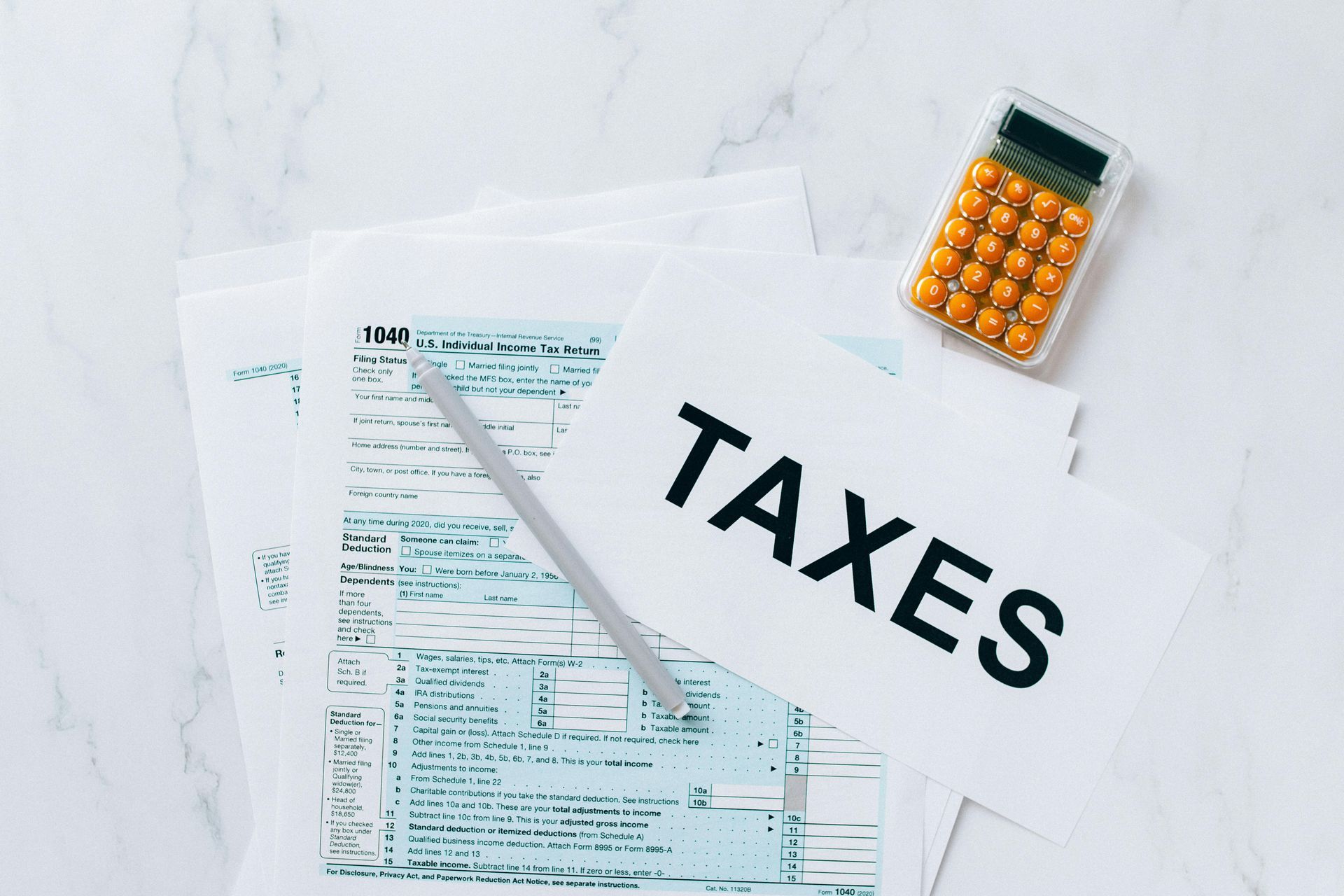Blog

Problems–life problems–can happen to anyone. When I met Richard, he was in serious trouble with the IRS. He had made a mistake many years earlier. At that time, he began a relationship with a woman he loved. But sometime during their relationship, she got sick. She required hospitalization. Richard had a good job and he helped pay her medical bills. But the bills soon spiraled out of control.

A wage garnishment or an IRS garnishment of your bank account can be very stressful. I’ve had innumerable clients come to me in a panic, at the end of their ropes. The inexplicable IRS paperwork, frustrating waits on the phone to speak to a representative, and the panic and worry of understanding the process had them turned upside down.

A man who ran his own business came to me in a panic after the IRS notified him of an audit. The IRS said he owed many thousands of dollars. Not only that, my client told me frankly that his records were a mess. I told him to gather everything he could: bank statements, credit card statements, and receipts. Eager to cooperate, he was nevertheless soon overwhelmed by the amount of paper he had to track down.

The #1 fear of people with tax problems–whether it’s an unpaid tax debt or years of unfiled tax returns–is that the IRS will seize their house. In fact, the Taxpayer’s Bill of Rights discourages seizure of a primary residence. Those rights stipulate, however, that if a taxpayer does not attempt to pay–either by voluntarily paying down the debt or seeking to negotiate a payment plan with the IRS–then the agency may seize assets, including the debtor’s house.







